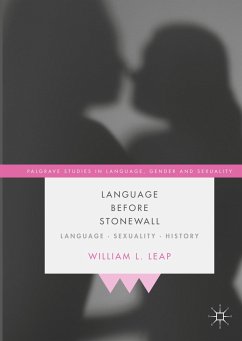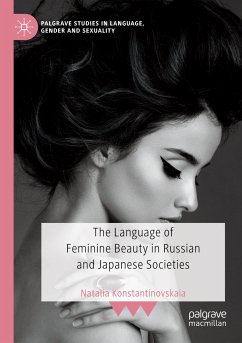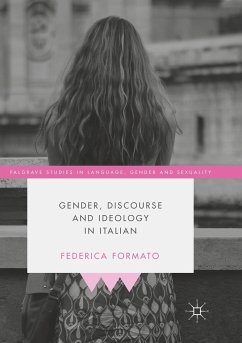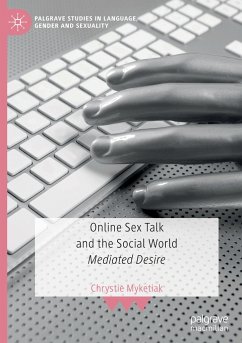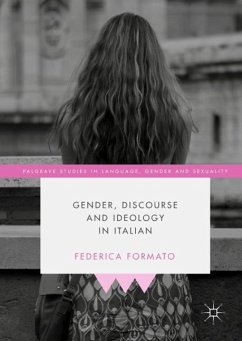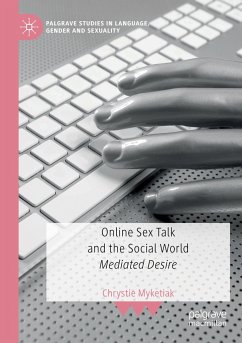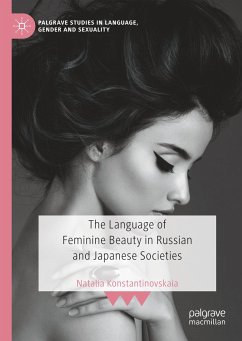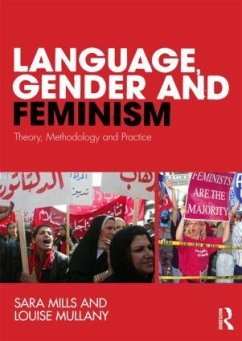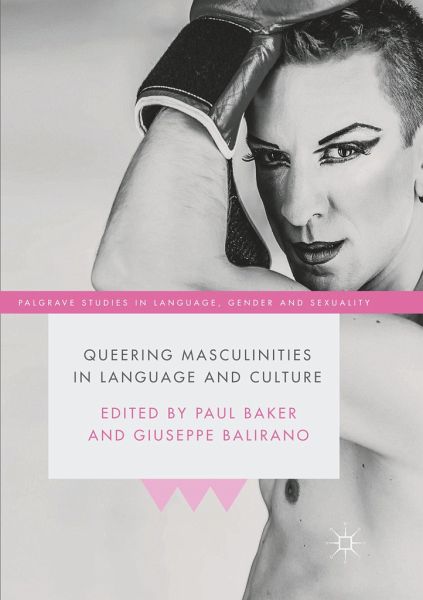
Queering Masculinities in Language and Culture
Versandkostenfrei!
Versandfertig in 6-10 Tagen
98,99 €
inkl. MwSt.

PAYBACK Punkte
49 °P sammeln!
How do we learn what it means to be a man? And how do we learn to question what it means to be a man? This collection comprises a set of original interdisciplinary chapters on the linguistic and cultural representations of queer masculinities in a range of new and older media: television, film, online forums, news reporting, advertising and fiction. This innovative work examines new and emerging forms of gender hybridisation in relation to complex socialisation and immigration contexts including the role of EU institutions in ascertaining asylum seekers' sexual orientation, and the European la...
How do we learn what it means to be a man? And how do we learn to question what it means to be a man? This collection comprises a set of original interdisciplinary chapters on the linguistic and cultural representations of queer masculinities in a range of new and older media: television, film, online forums, news reporting, advertising and fiction. This innovative work examines new and emerging forms of gender hybridisation in relation to complex socialisation and immigration contexts including the role of EU institutions in ascertaining asylum seekers' sexual orientation, and the European laws on gender policy. The book employs numerous analytical approaches including critical discourse analysis, corpus linguistics, multimodal analysis, literary criticism and anthropological and social research. The authors show how such texts can disrupt, question or complicate traditional notions of what it means to be a man, queering the idea that men possess fixed identities or desires, instead arguing that masculinity is constantly changing and negotiated through the cultural and political overlapping contexts in which it is regularly produced. These nuanced analyses will bring fresh insights for students and scholars of gender, masculinity and queer studies, linguistics, anthropology and semiotics.





